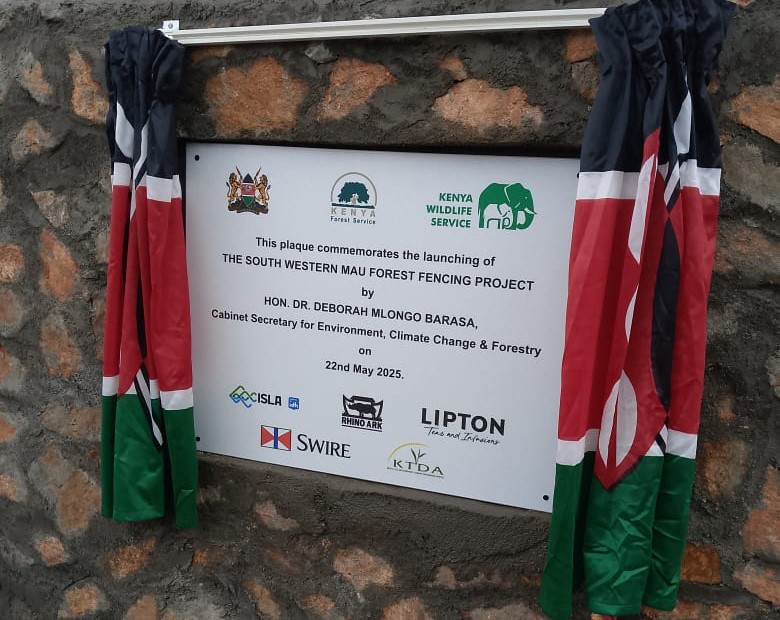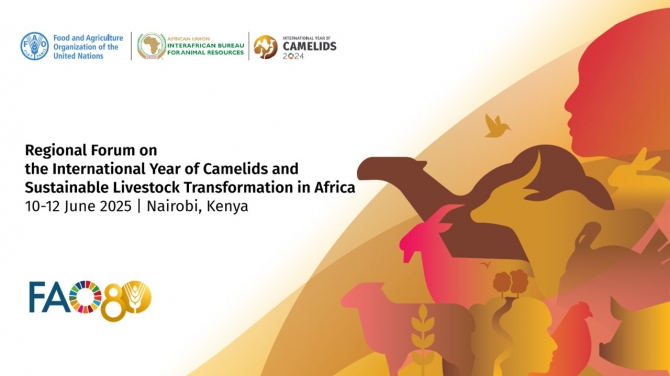- Established in 1988, Rhino Ark is a Kenyan-based charitable trust dedicated to the protection of Kenya’s mountain forests and key water towers that are vital to the country's ecological and economic survival.
Deep within the undulating landscapes of Kenya’s Rift Valley lies the South West Mau Forest, a critical water tower that has faced the existential threat of destruction for years through illegal logging, charcoal burning, and encroachment.
But today, the forest is writing a new chapter of recovery, resilience, and rebirth, thanks to the efforts of Rhino Ark, under the Integrated Landscape Approach for Sustainable Landscapes and Livelihoods (ISLA), in collaboration with organizations such as SNV Netherlands Development Organization, Kenya Wildlife Service (KWS), Kenya Forest Service (KFS), Lipton Tea, and the Kenya Tea Development Agency (KTDA) among others.
The South West Mau, unlike many forests that lie in high elevations, uniquely lies 'down the stream', yet it births major rivers that feed millions downstream. The paradox is that settlements have mushroomed near its delicate sources, putting the forest at an alarming risk.
Encroachment, agricultural expansion, and charcoal production pushed the forest to the brink of collapse.
That was until Rhino Ark, a conservation trust renowned for its work in securing Kenya’s water towers, intervened with a strategic vision: to secure, preserve, and conserve.
Established in 1988, Rhino Ark is a Kenyan-based charitable trust dedicated to the protection of Kenya’s mountain forests and key water towers that are vital to the country's ecological and economic survival.
With its notable successes in the Aberdares, Mt. Kenya, Mau Eburu, and now South West Mau, Rhino Ark continues to be a beacon of hope for forest conservation in East Africa.
One of the most compelling aspects of Rhino Ark’s approach has been its commitment to community-based conservation. In partnership with Ndoinet Community Forest Association (NOCFA) and other local groups previously involved in forest degradation, Rhino Ark flipped the script, turning former forest exploiters into its fiercest protectors.
“Charcoal burning has reduced by over 80% in recent years,” confirms George Yegon, the South West Mau Surveillance Coordinator. “This turnaround is due to the empowerment and deployment of Community Rangers, individuals who once contributed to the degradation but now patrol, protect, and educate their communities.”
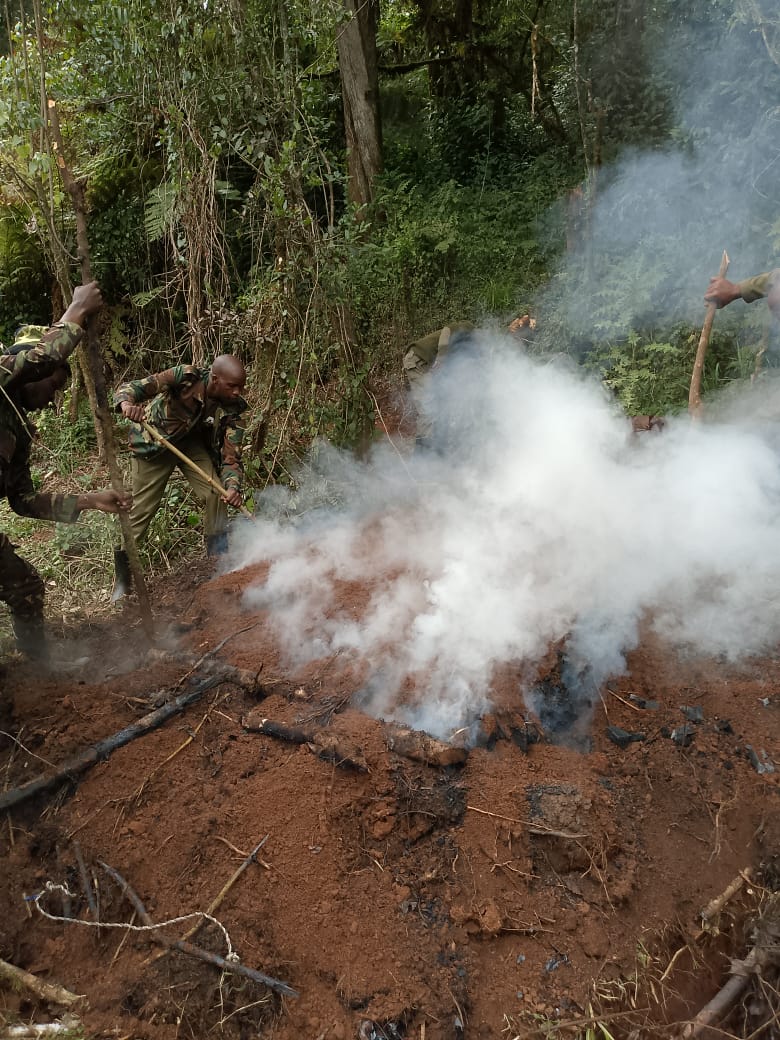
To curb further encroachment and land misuse, fencing has been a cornerstone of Rhino Ark’s strategy. These fences are not merely physical barriers; they are symbols of commitment, boundary-markers for conservation, and deterrents for illegal activities. They also foster human-wildlife coexistence, ensuring farms near the forest are protected from wild animal raids.
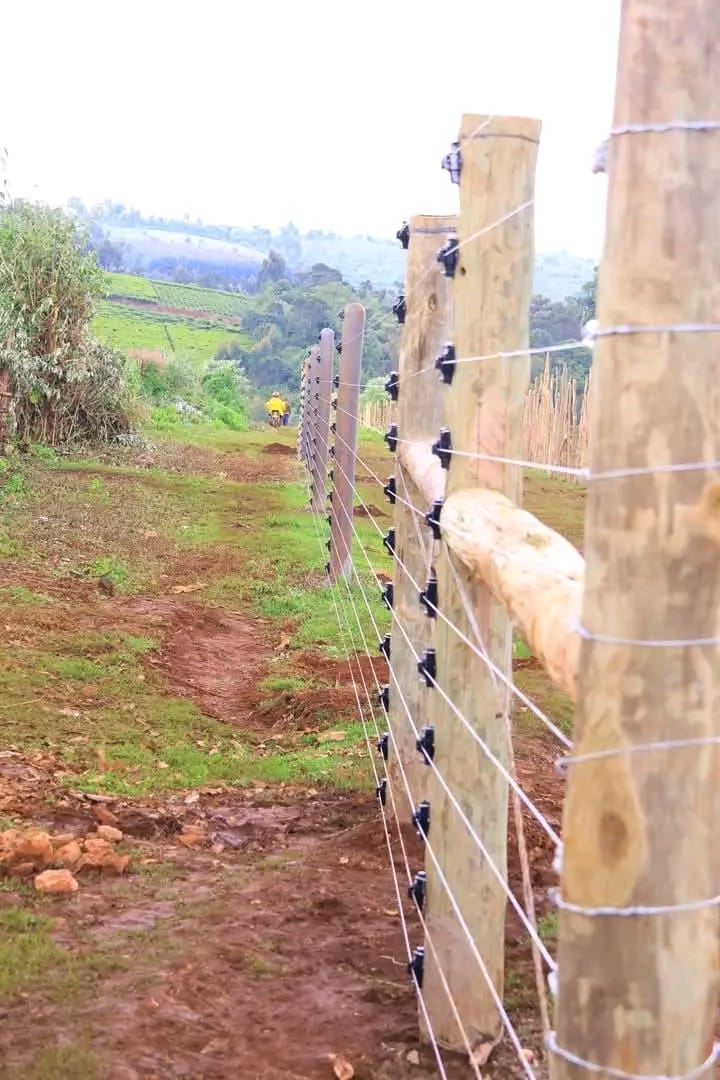
The fencing project, supported by ISLA and managed in collaboration with KFS officers at Ndoinet Forest Station, is set to kick off after the launch done early this month. Each post planted is a step closer to a protected ecosystem.
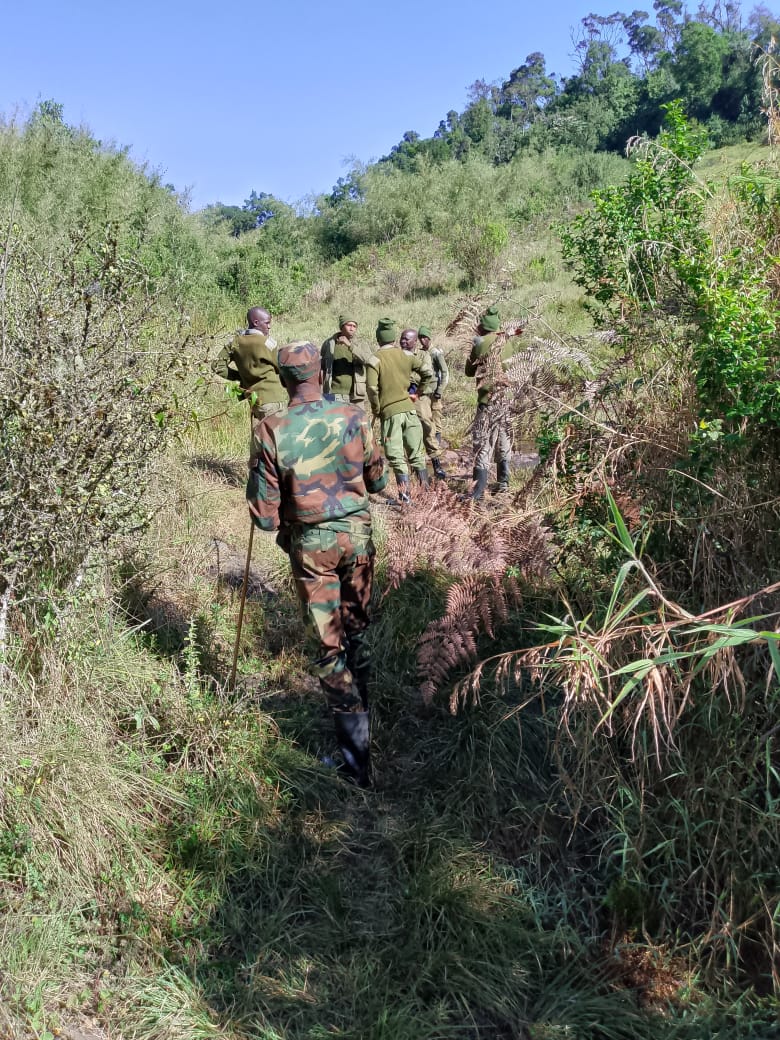
Yegon and his team have gone beyond enforcement. They have taken conservation into the hearts and homes of the people. By sensitizing local community groups such as the Mau Roots Indigenous Conservancy Group and other CBOs, Rhino Ark is fostering a culture of forest stewardship.
“We are not just fencing the forest; we are fencing a future for generations to come,” Yegon passionately explains.
Today, visitors to the South West Mau are greeted by sights of regeneration: young indigenous trees reclaiming the land, animal trails emerging from deep thickets, and residents engaged in tree nurseries and forest patrols. The air is cleaner, the rivers fuller, and the future brighter.
This transformation is proof that with strong partnerships, community engagement, and strategic conservation models, it is possible to reclaim what was lost.
Moi Mona is a journalist based in Nakuru County, passionate about climate justice, community stories, and environmental conservation.

